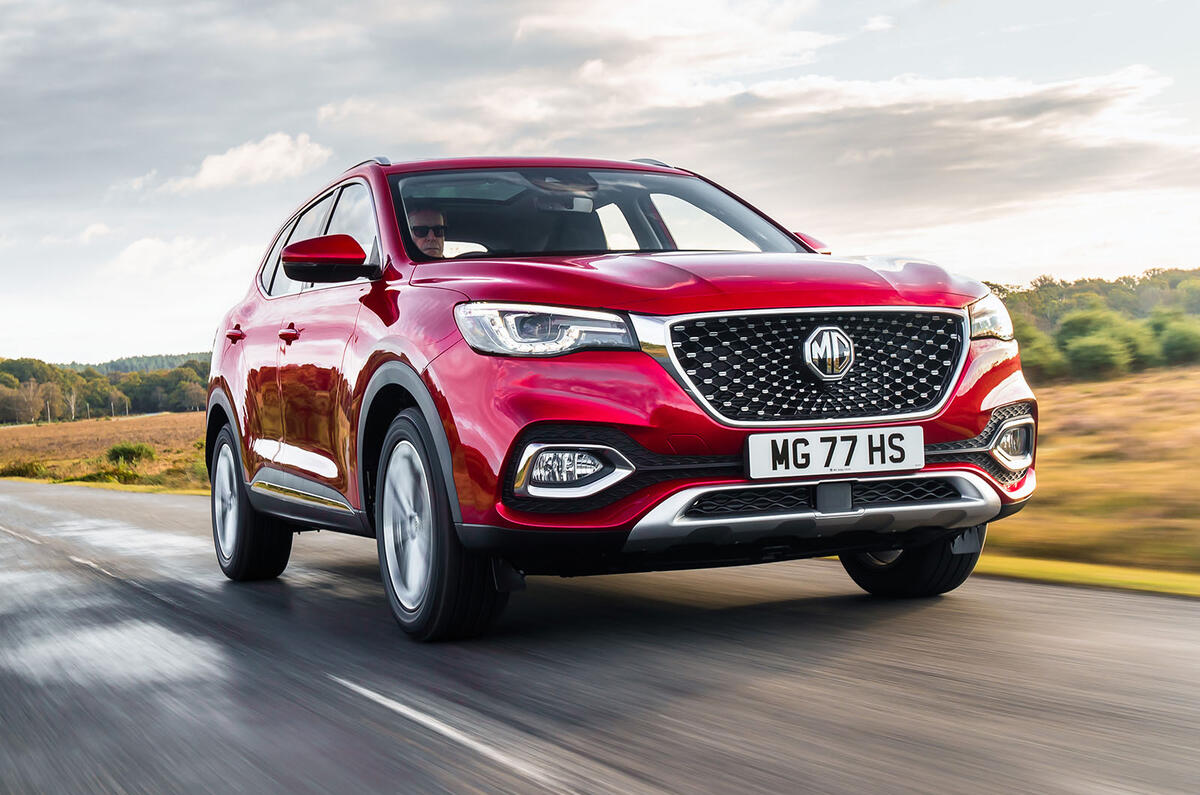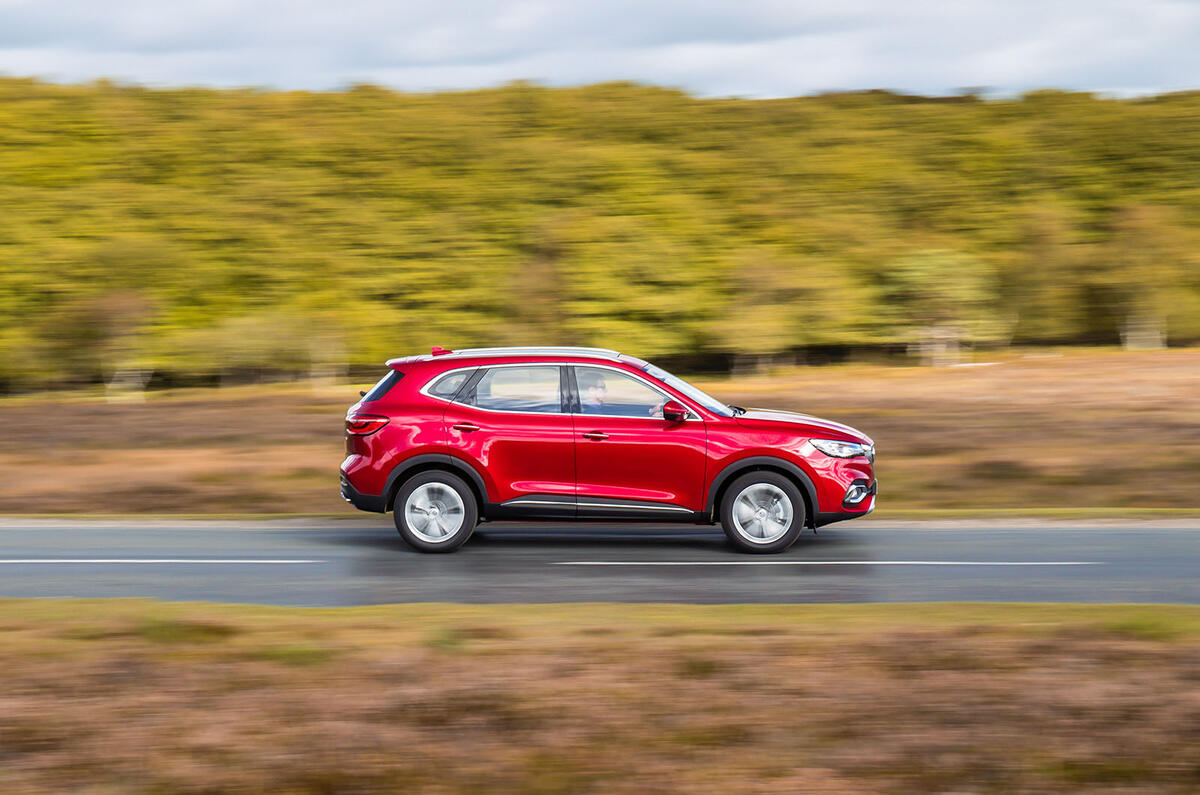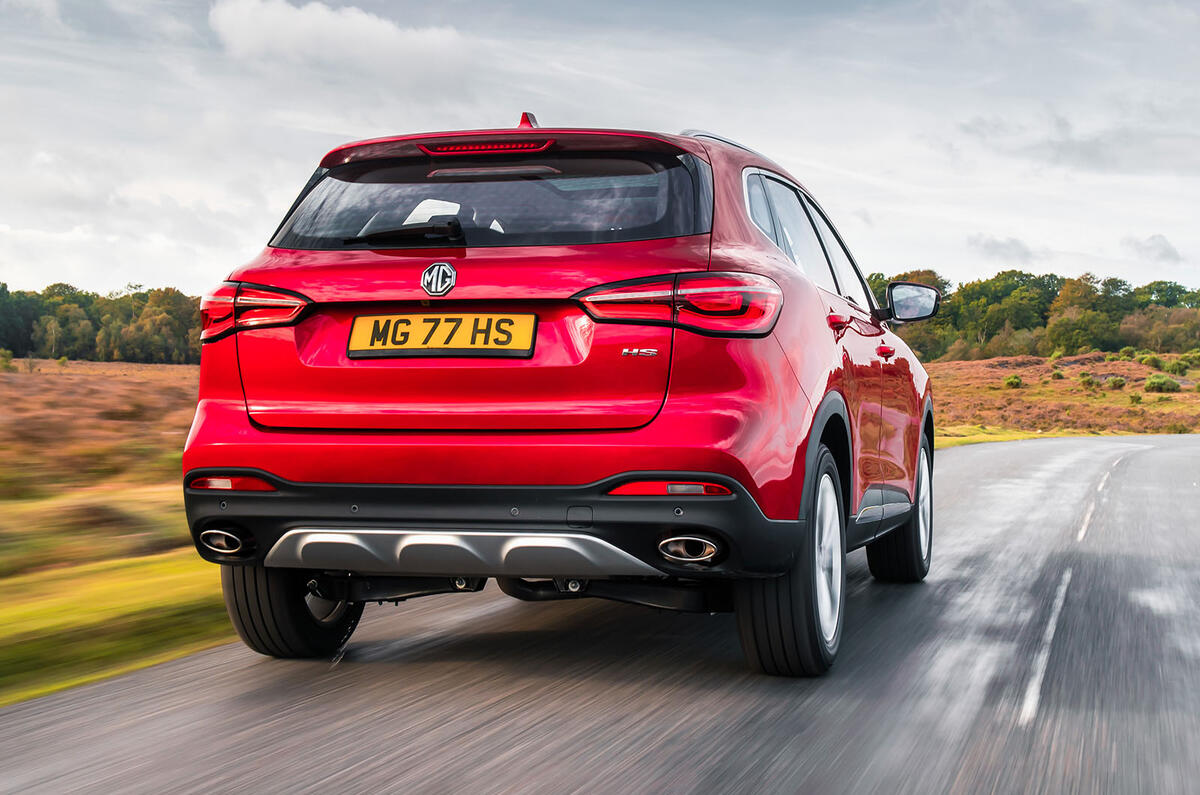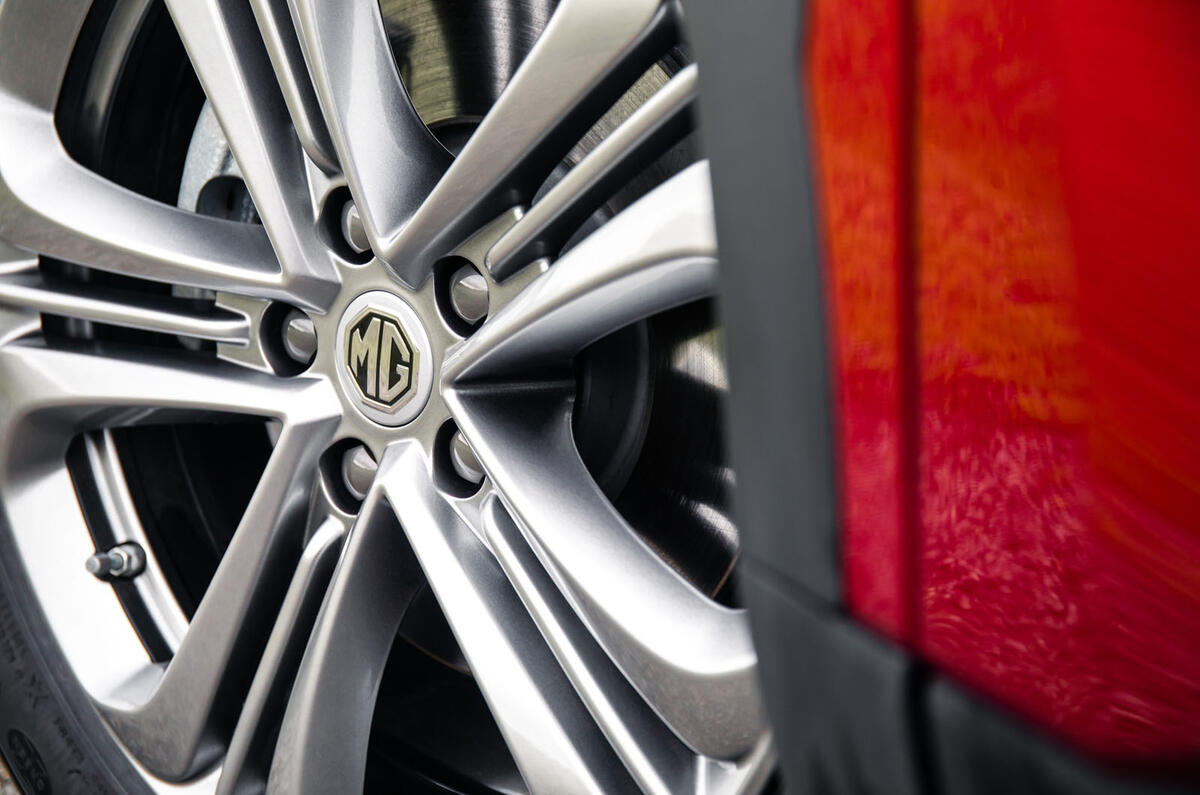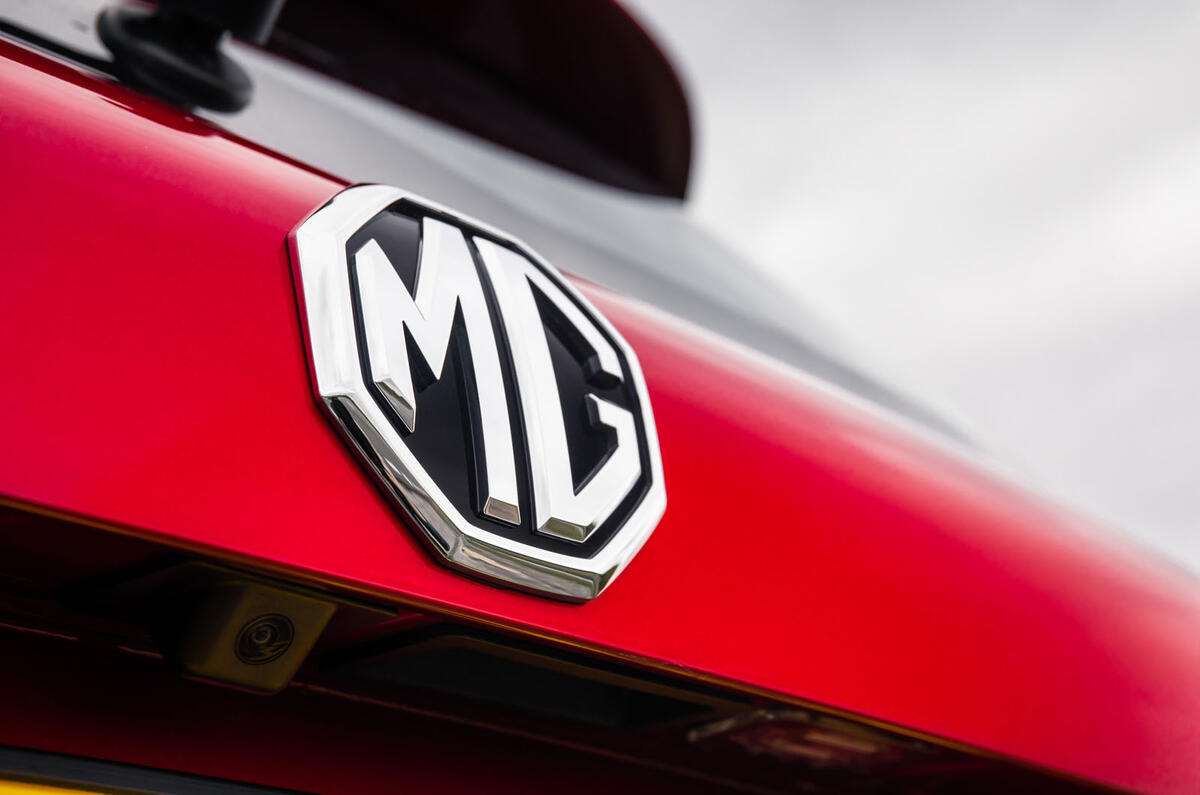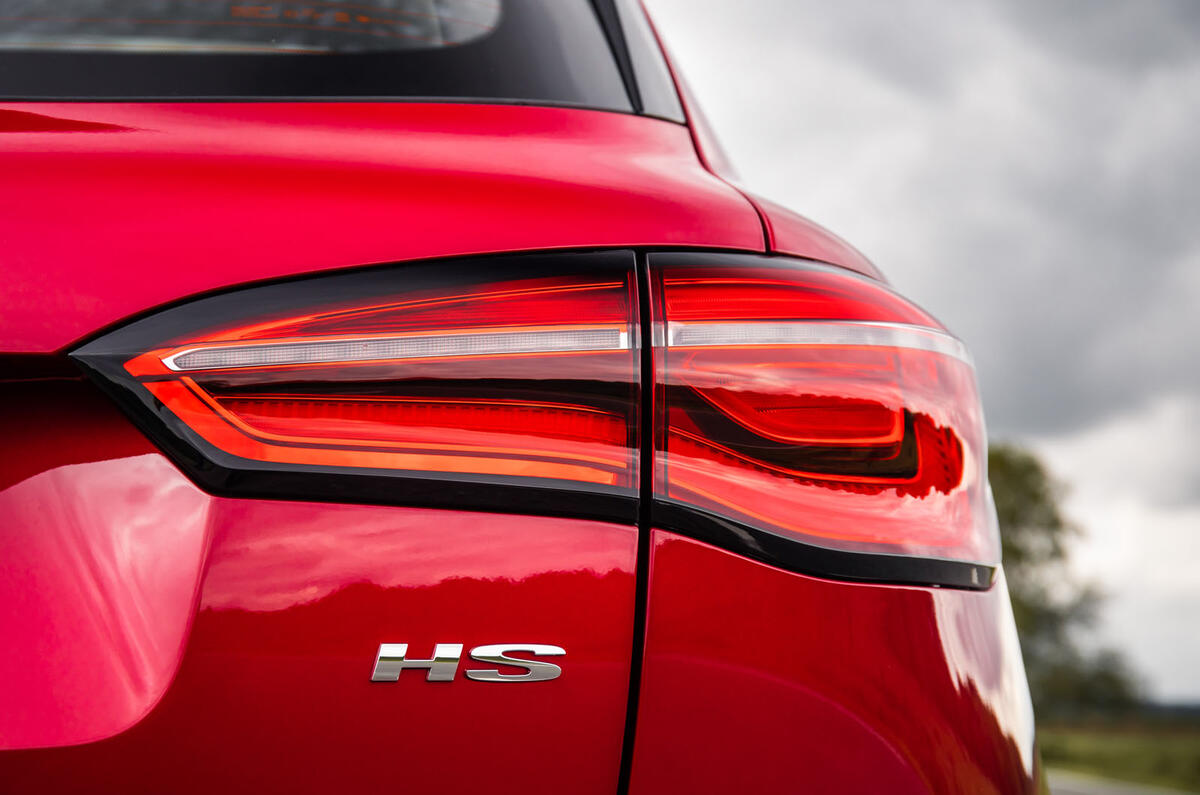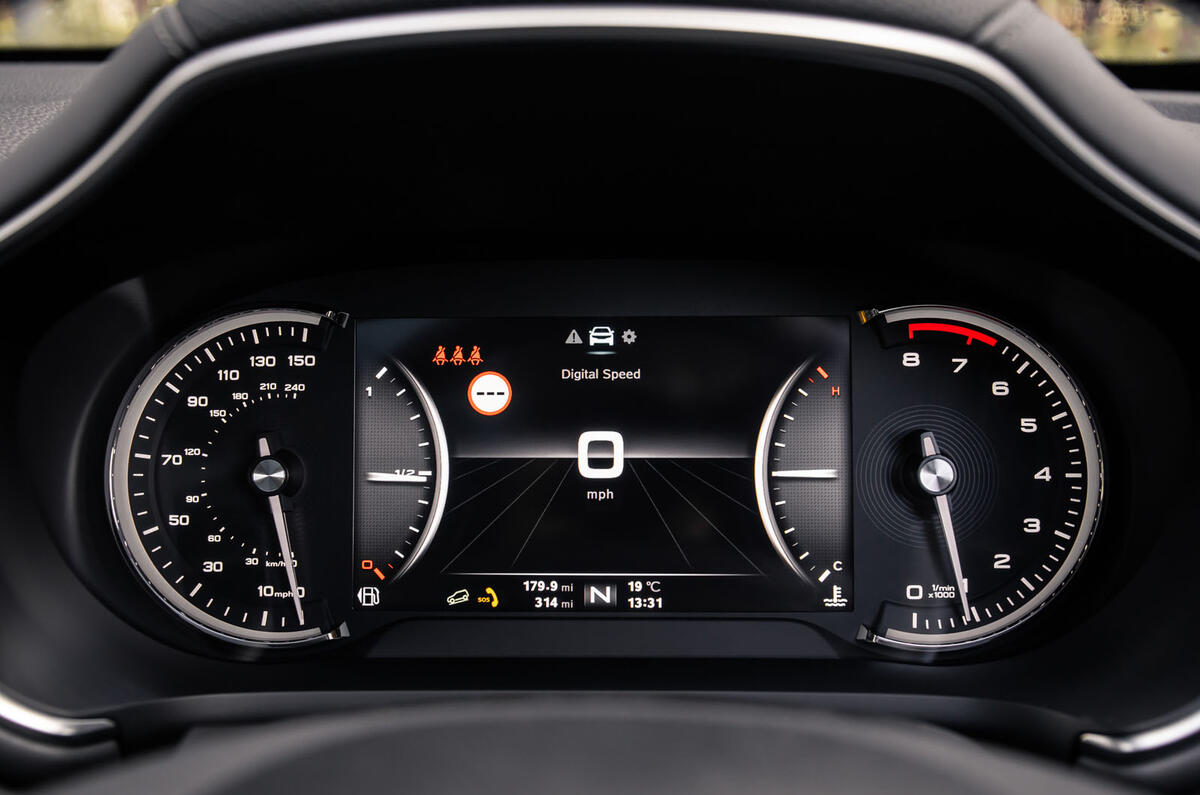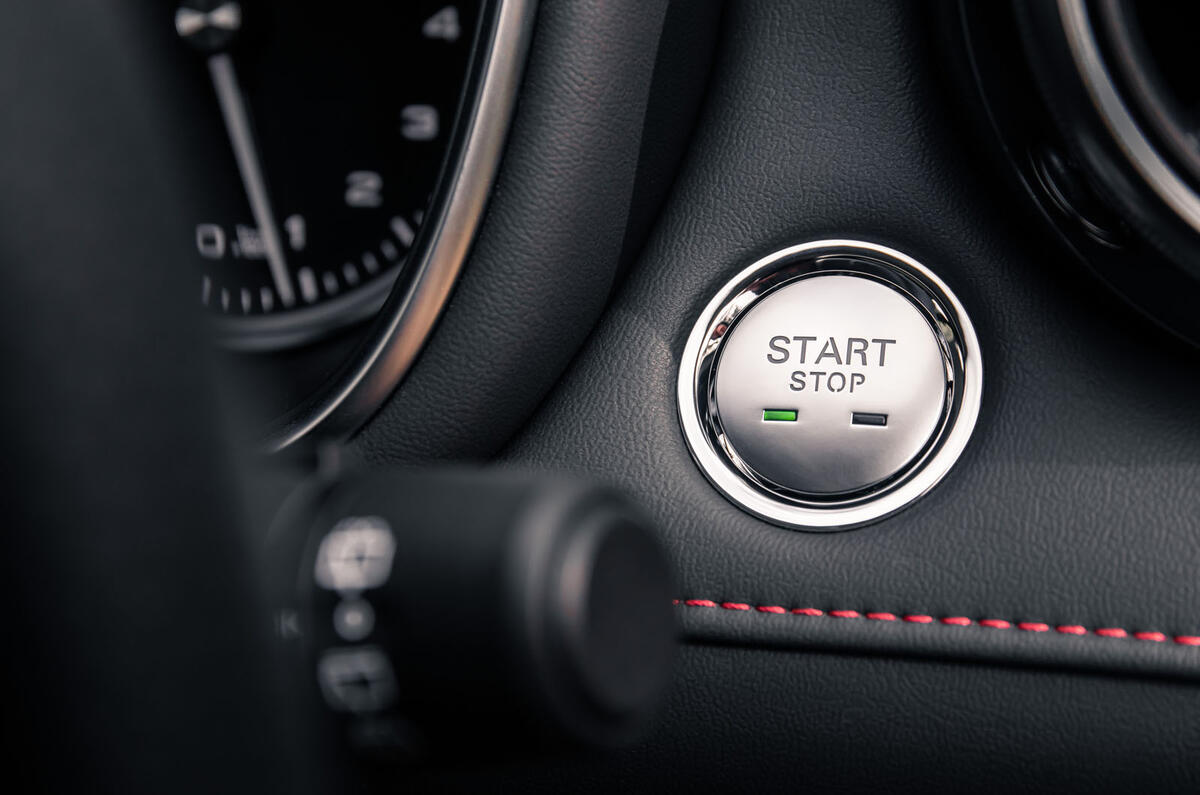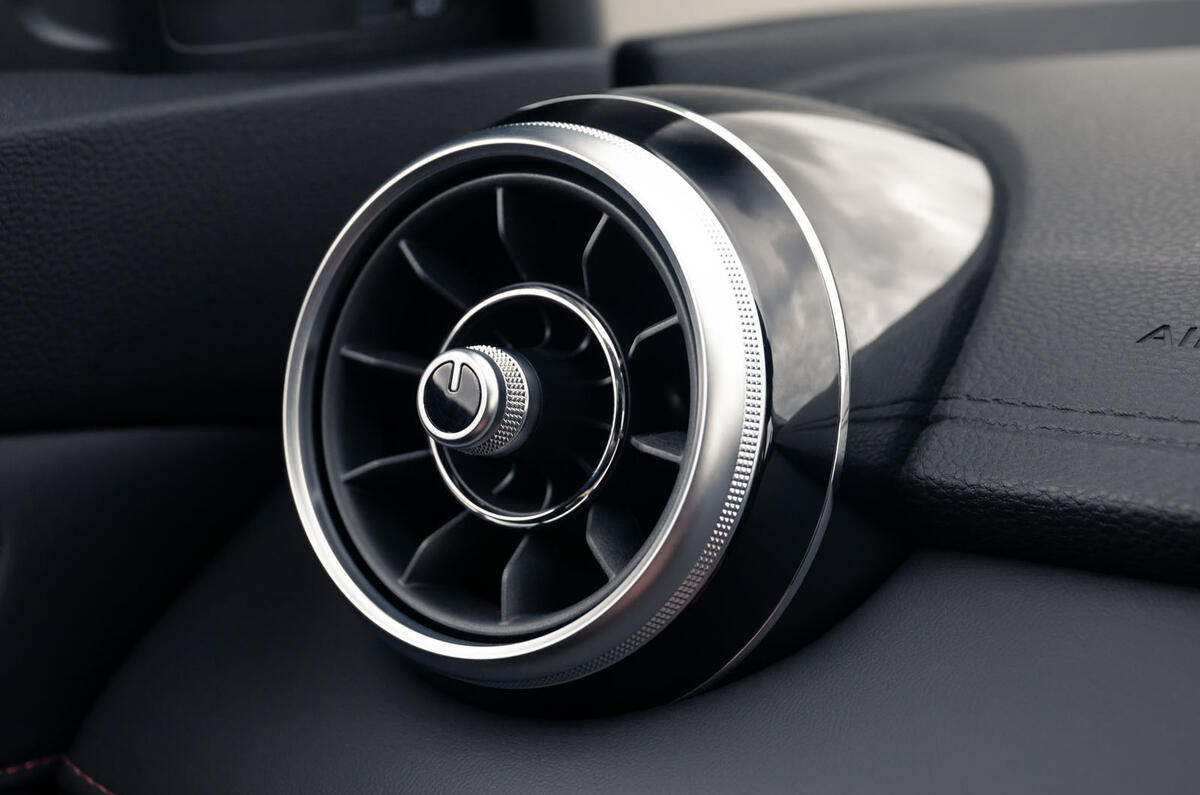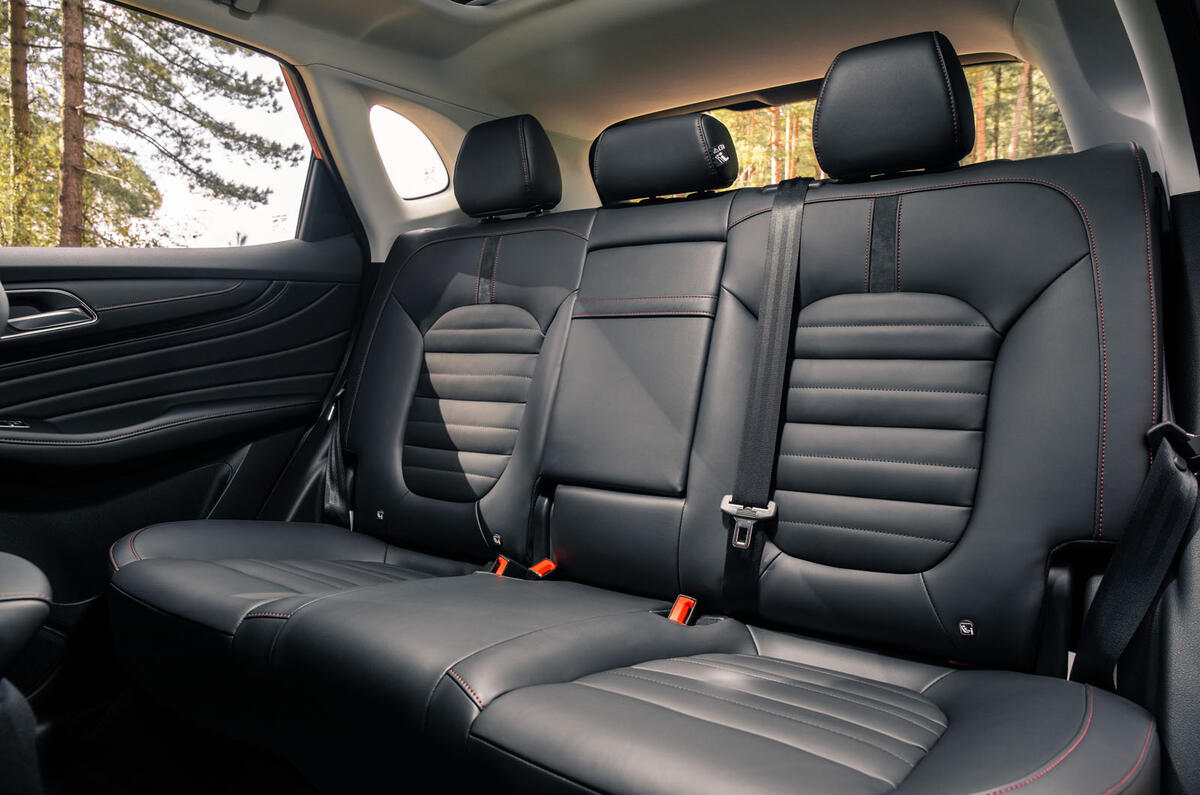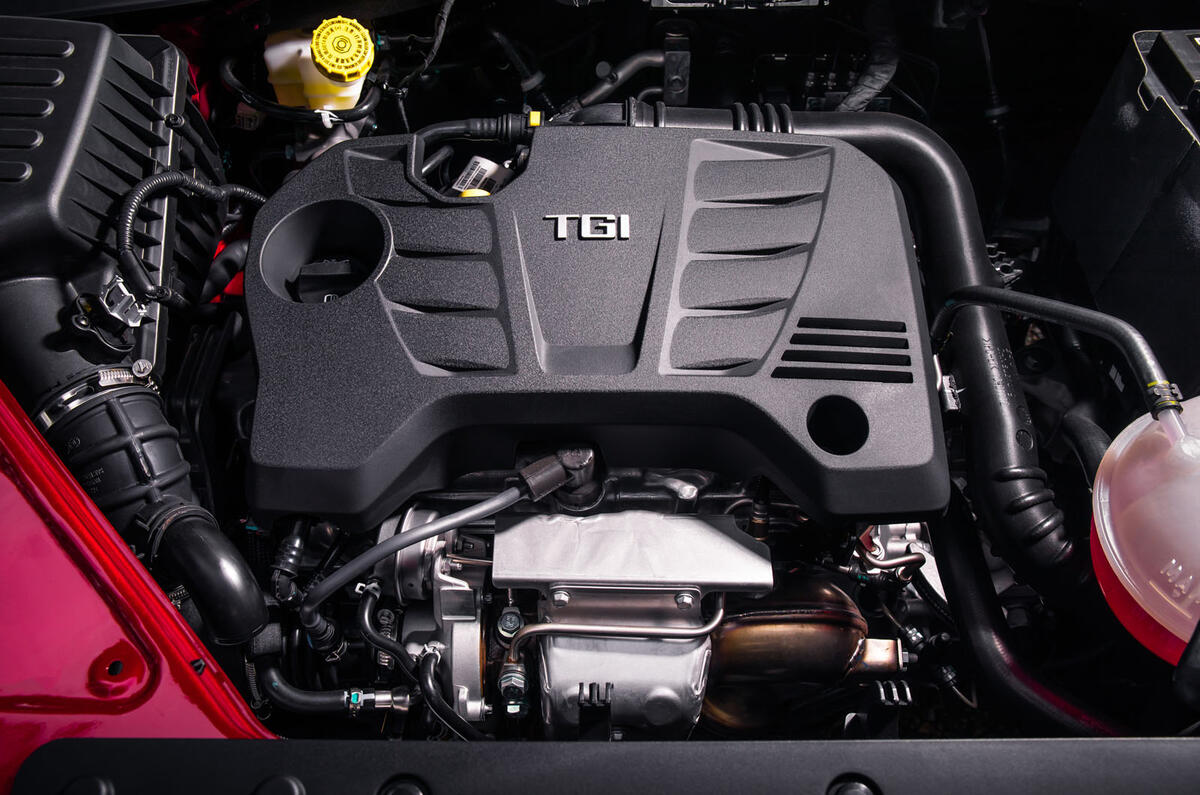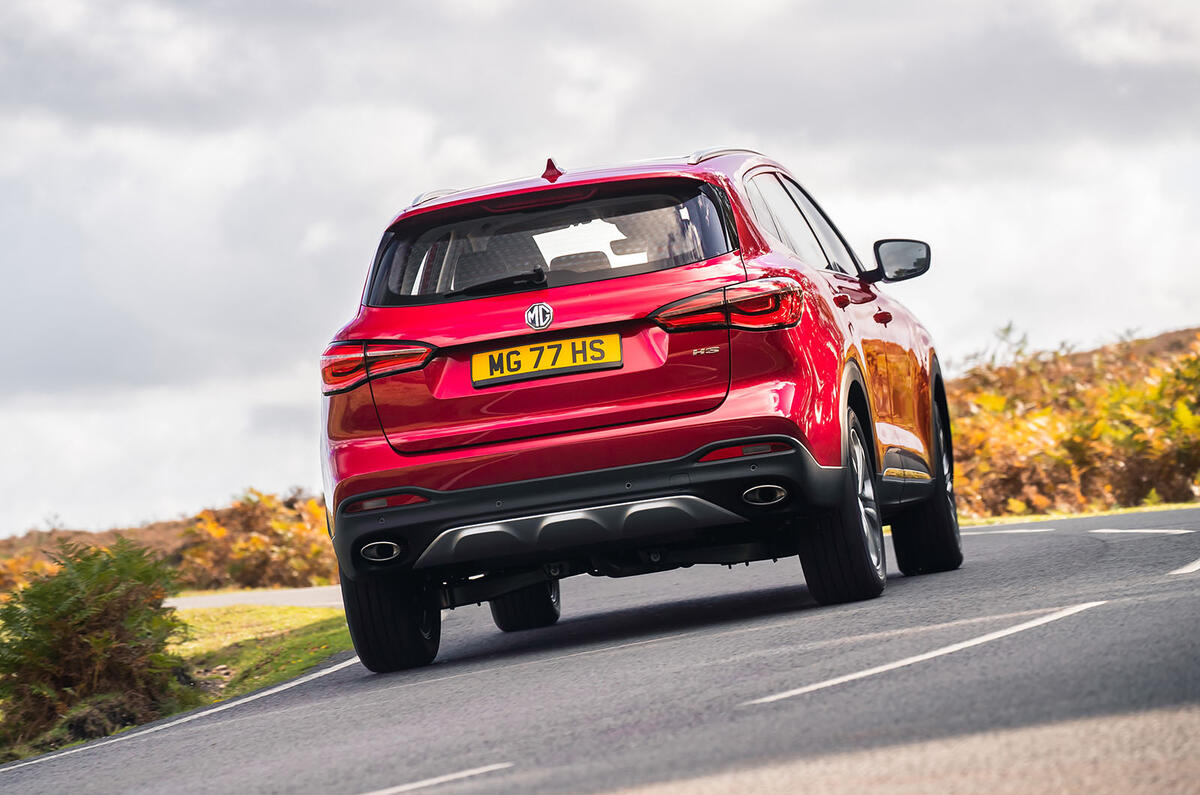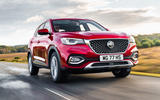The HS is Chinese import specialist MG Motor’s second crack at success in the compact SUV market.
The first one, the GS, was the kind of car that, had it been school homework rather than a Nissan Qashqai rival, might have been described as “unrepresentative of the company’s best efforts” by a disappointed teacher. Even compared with the MG 3 and 6 that came before, it was bad. And, as if to confirm that MG Motor well understood as much itself, the GS wasn’t even given a passing mention at the press introduction of its direct replacement.
With an all-new model platform beneath it and a widely re-engineered 1.5-litre turbocharged petrol engine under the bonnet, the HS is intended to be a significant leap beyond the standards of its noisy, cumbersome-handling antecedent. Without really standing out from the current SUV crowd, it’s also a much more visually appealing design than the GS was and it has a surprisingly swish and quite materially ambitious interior – onto which we’ll come later.
Priced to pick up the bulk of its customers from the full-sized crossover hatchback segment, away from cars like the aforementioned Nissan, the Seat Ateca and the Kia Sportage, the HS is actually proportioned more like compact SUVs such as the Mazda CX-5, Volkswagen Tiguan and Honda CR-V.
It trades pretty squarely on the same ‘metal for the money’ ethos as the Hyundai Santa Fe once did, then, albeit one step further down on the SUV size chart. And it’s not unlike the big Hyundai to drive in some ways, being fairly softly sprung and feeling its size on the road, although stopping short of letting that bulk become a problem in most everyday scenarios.


